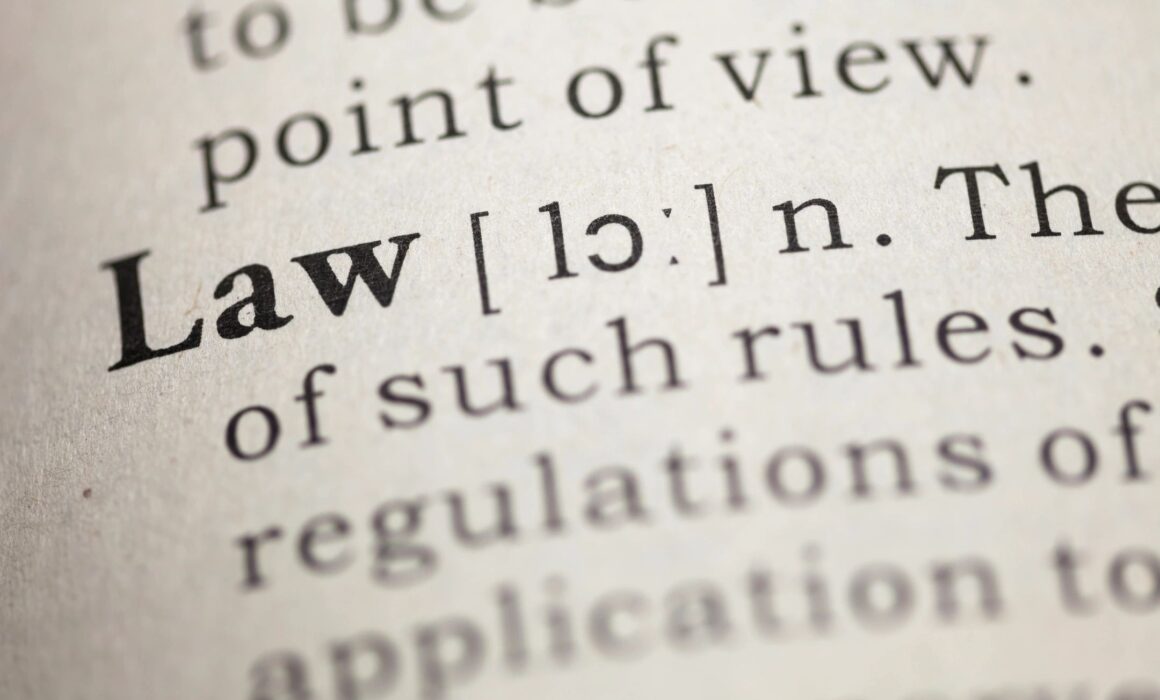Intake, Investigation, and Litigation
The Legal Process Explained: Intake, Investigation, and Litigation
Facing a legal case can be a worrying and stressful time. You know that you need to go through the process to get the justice that you deserve, but sometimes it feels like a maze. The legal jargon used by lawyers is often to blame, also known as ‘legalese.’
Legalese
(Noun)
The formal and technical language used in legal documents.
For example, “the pages were full of confusing legalese”
At Yaeger Law, we say it’s time to clear up the confusion. With that in mind, we’ve created a guide to some common legal terms relating to the legal process. For part 1, let’s look at intake, investigation, and litigation terms.
Intake
The legal term intake simply means the first meeting between a client and lawyer or a member of the firm where they can learn more about the details of the case and evaluate how the firm can best meet the client’s needs. An intake is when a client begins to share their story and asks key questions to learn about the lawyer and law firm.
Investigation
An investigation is a formal evaluation of the facts and the law. It is a process involving the gathering and analysis of information, researching, developing legal strategy, and making recommendations. It is during this phase of a case that the law firm needs a client’s cooperation so it can obtain the necessary documents, like medical records, to prove specific facts.
Litigation
A case enters litigation when a complaint is filed with a court alleging wrongdoing and harm. It begins the formal legal proceeding in a court of law. When this occurs all deadlines and next steps are defined by the rules of civil procedure or are set by the judge.
Pre-trial
You may hear the word pre-trial during the litigation phase of your case. Pre-trial means the time lawyers spend in the representation of your lawsuit and it happens inside and outside of the courtroom. This includes time spent before trial and includes discovery, meet and confers with defense counsel, expert development, depositions, preparation of pleadings, motions practice, pre-trial conferences with the judge, depositions, discovery, and settlement conferences.
Motions practice – a term of art that encompasses many options and mostly depends on the legal strategy used by either side in a case. Motions are documents filed with the court requesting the court to do something specific. All parties to the lawsuit can file motions to set boundaries, resolve outstanding legal issues, define the evidence to be used at trial, and even end the lawsuit before a trial.
There are several pre-trial motions available for each party in a civil cause of action, but let’s explore some of the more commonly used pretrial motions: e
- Motions in Limine: This is a motion filed by a party to the lawsuit, which asks the court for an order to rule out or prevent certain evidence from being presented by the other side during a trial.
- Expert Challenges: Either party can file a motion to limit or exclude the testimony of expert witnesses.
- Summary Judgment: A lawyer can request that the judge issue an automatic ruling based on the undisputed facts of the case. This usually occurs when a party has not presented enough evidence or facts to demonstrate an ongoing issue that the court or jury must decide.
- Pretrial Motion to Dismiss: This is when the case is dismissed altogether without having to hear the legal arguments.
Step by step
We hope that you feel a little more empowered now that we’ve explained these common legal process terms. As always, we’re happy to answer your legal questions and we hope that it puts your mind at ease. We’ll follow up shortly with part 2 of our legal process terms.
At Yaeger Law, we understand that the law is complex. Clients often feel comforted and reassured when they understand the terms used. They also relax when they trust that they’ve got compassion and legal expertise in their corner.
At Yaeger Law, we specialize in complex litigation cases, including defective drugs and medical devices, and we have deep legal knowledge and vast experience.
Our clients matter to us, and they’re in the best possible hands. Talk to us. We’re with you every step of the way.


